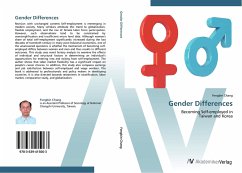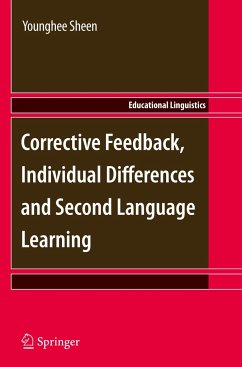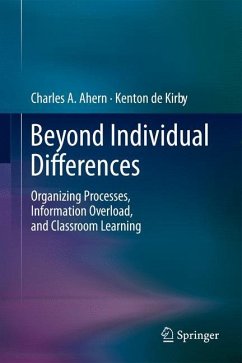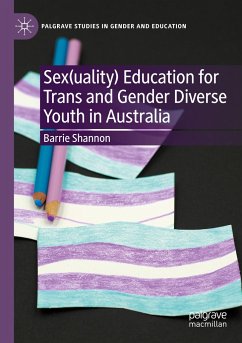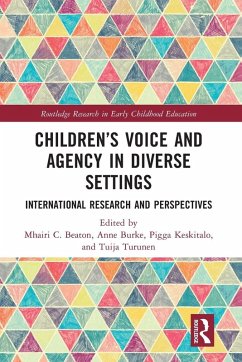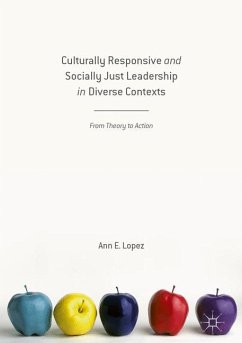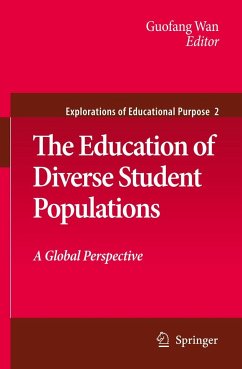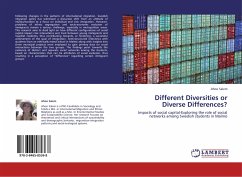
Different Diversities or Diverse Differences?
Impacts of social capital-Exploring the role of social networks among Swedish students in Malmö
Versandkostenfrei!
Versandfertig in 6-10 Tagen
32,99 €
inkl. MwSt.

PAYBACK Punkte
16 °P sammeln!
Following changes in the patterns of international migration, Swedish migration policy has witnessed a discursive shift from an attitude of multiculturalism to a focus on individual and civic integration. However, problems of ethnic segregation and socio-economic exclusion of immigrants remain a serious challenge, especially in metropolitan areas. This research aims to shed light on how different configurations of social capital impact civic interactions and trust between young immigrants and Swedish residents, thus contributing towards, or hindering, a successful achievement of the goal of in...
Following changes in the patterns of international migration, Swedish migration policy has witnessed a discursive shift from an attitude of multiculturalism to a focus on individual and civic integration. However, problems of ethnic segregation and socio-economic exclusion of immigrants remain a serious challenge, especially in metropolitan areas. This research aims to shed light on how different configurations of social capital impact civic interactions and trust between young immigrants and Swedish residents, thus contributing towards, or hindering, a successful achievement of the goal of integration. Semi-structured interviews with students from an ethnically mixed school in Malmö along with insights into three municipal projects were employed to gain primary data on social interactions between the two groups. The findings point towards the existence of distinct and separate social networks among the students, based on characteristics that can be attributes of social exclusion, thus resulting in a perception of difference regarding certain immigrant groups.



